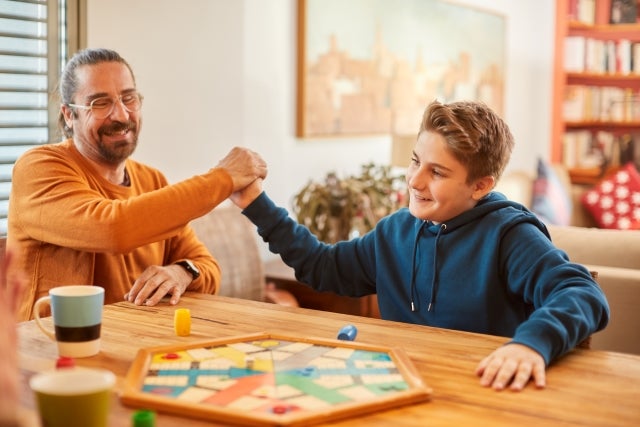Partnering school and community to make high school experience positive

Community Learning Centres (CLCs) are community schools that involve educators, local community members, families, and students in improving conditions for student learning and healthy development. Their mandate is to provide valuable learning experiences that enhance educational outcomes and student achievement by fostering relationships between schools and their communities.
At the moment, CLCs are in high demand to help students deal with anxiety, chronic stress and other mental health challenges.
The idea is to partner with local community groups that can offer students various activities ranging from improv to meditation. There are about 90 schools participating in the network, with each school board having about 10 CLCs.
CLCs are funded by the federal government through the department of Canadian Heritage to support minority language education. The English Montreal School Board has four single site CLCs located in two high schools and two elementary schools. Ramona Potesta, who is wrapping up her first year at Laurier Macdonald High School as the Community Learning Centre director, said the initiative is essential, especially for students still dealing with the fallout from Covid-19.
“More and more we hear how important it is to take care of your mental health,” said Potesta. “You hear so many stories of kids not coming to school because they are so anxious for whatever reason; they don’t feel confident, they have PTSD from something that happened in their personal life that’s impacting their ability to come to school.”
Each school adapts to the needs of the population and according to what community organizations exist in the neighbourhood. But students also suggest activities that would motivate them to attend school. At Laurier Macdonald, students suggested a greenhouse, an idea that was scaled down to building bleachers decorated with greenery to take advantage of the school’s large yard and provide seating for outdoor classes.
Speaking from her own experience and having heard colleagues from elsewhere say the same, Potesta said that while all students can benefit from support, the most challenging group has been this cohort of Secondary 3 students as they started high school online during the pandemic. “We’re doing everything in our power to really get them to be encouraged.”
Some of the programs already in place at the school are two girls’ groups: one that works with Pact de rue and the other with NAOS Jeunesse. They hold workshops on meditation, talks about inequality, and invite guest speakers like small business owners. For boys, there’s Camp Lift which focuses on social and emotional learning.
There is also art therapy, an improv club and a musical band, which is led by an instructor from Soul Station Orchestra.
“If these kids don’t have many friends, let’s do something to make their high school experience a memorable one,” said Potesta. “Or at least one thing in high school that you can look back on and say ‘that workshop we had in Secondary 1 was life-changing.’”









